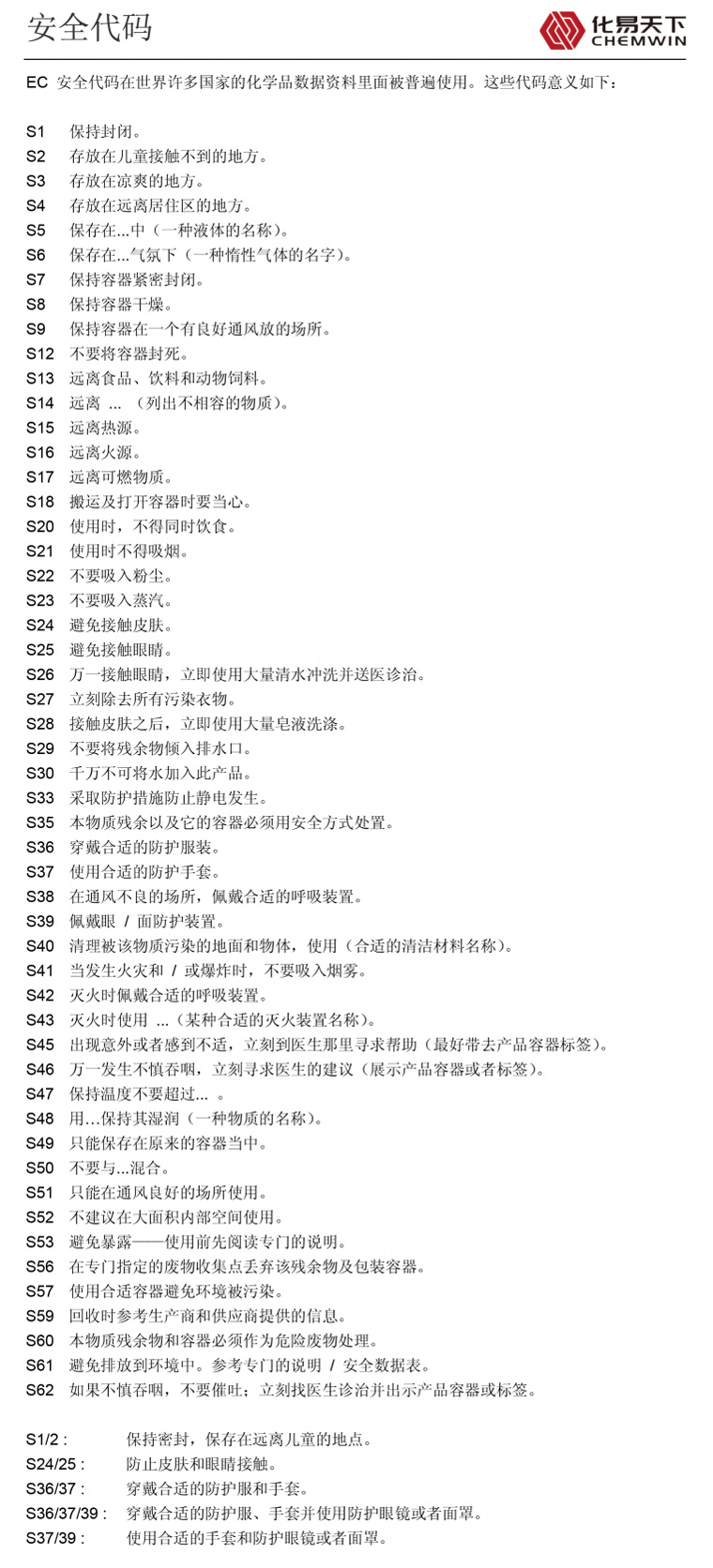 Mainly
Mainly

-
Phenol downstream
-
PC|Resin epoxy|3,5-Dimethylphenol|Diphenyl carbonate|2,6-Di-tert-butyl-4-methylphenol|Poly(oxy-1,4-phenyleneoxy-1,4-phenylenecarbonyl-1,4-phenylene)|2-Oxohexamethylenimine|P-hydroxyacetophenone|Resorcine|2-Phenylphenol|(1,1-dimethylethyl)-Phenol|2-Chlorophenol|4-Chlorophenol|p-Cresol|2,6-Di-tert-butyl-4-methylphenol|4-Aminophenol|2-Aminophenol
-
-
Acetone downstream
-
Poly(1,2-dihydro-2,2,4-trimethylquinoline)|2-Propenoic acid,2-methyl-, methyl ester, homopolymer|Pure acrylic emulsion|Poly(styrene-co-butadiene-co-methyl methacrylate)|4-Hydroxy-4-methyl-2-pentanone|Acetone cyanohydrin|2-Methyl-2-butanol|2,4-Pentanedione|Acetyl ketene|Benzalacetone|Isopropyl ether|1-Pentanol|4-Methyl-2-pentanol|Ethyl vinyl ether
-
 Polyurethane
Polyurethane

 Fine Chemical
Fine Chemical

-
Other
-
Poly(oxy-1,4-butanediyloxycarbonyl-1,4-phenylenecarbonyl)|2-Propenoic acid, 2-methyl-, methyl ester, polymer with ethenylbenzene and 2-propenoic acid|Poly(ethylene terephthalate)|Acrylamide(AM)|Chloromethyl pivalate|nylon 6t|PA46 (polyhexanediamide)|Bisphenol-A bis(diphenyl phosphate)|Cumene|Polyether polyol INOVOL® C220|Wear agent|Styrene-butadiene rubber 1500|Polychloroprene|Styrene-butadiene rubber 1500|1,3-Butadiene, 2-methyl-, polymer with 2-methyl-1-propene, chlorinated|Anti-aging agent|Carbon Black|Polyol|CASE Polyether polyol|Special Polyether polyol ET34-08|Polyether polyol PTMEG|Polyether polyol SC56-16S|Premixed polyether polyols|Methacrylic acid|Isophorone diisocyanate|Solvent naphtha|Polycarboxylate water reducer|o-phthalic anhydride|Lignin water reducing agent|1,4-Xylene|Polymaleic acid|1,2-xylene|Ethene|Butadiene|Trimethylolpropane tris(2-methyl-1-aziridinepropionate)|1,3-Pentadiene|Isobutene|4-(Aminomethyl)benzoic acid|polyvinyl acetate chloride|Isobutene|o-Phenylenediamine|Methanol|Acetophenone|Ethanol|Pyrophenol|Bisphenol F|Aniline|polypropylene|Methyl methacrylate|Urea-13C (6CI,9CI)|Butyl acrylate|p-Phthalic acid|1,4-Xylene|Poly(vinyl alcohol)|(2H3)-2-Propenamide|vinyl acetate|Diethyl carbonate|Nonylphenol|4-tert-Butylphenol|1,2-Dimethoxybenzene|ABS Resins|Tetrahydro pyrrole|general purpose polystyrene;GPPS|polypropylene|polyethylene|polyvinyl chloride|Poly[imino-1,4-butanediylimino(1,6-dioxo-1,6-hexanediyl)]|Poly[imino(1,6-dioxo-1,6-hexanediyl)imino-1,6-hexanediyl]|Poly[imino-1,6-hexanediylimino(1,9-dioxo-1,9-nonanediyl)]
-





 Inquiry
Inquiry  Communicate Now
Communicate Now 







.png)



